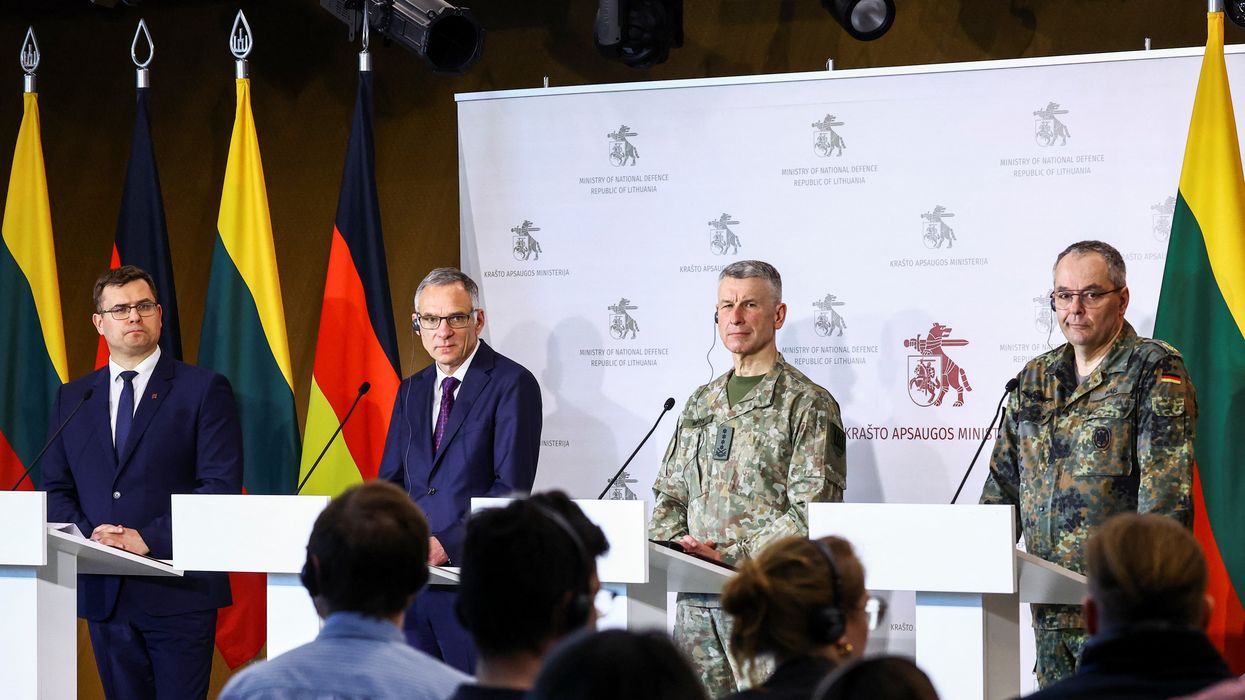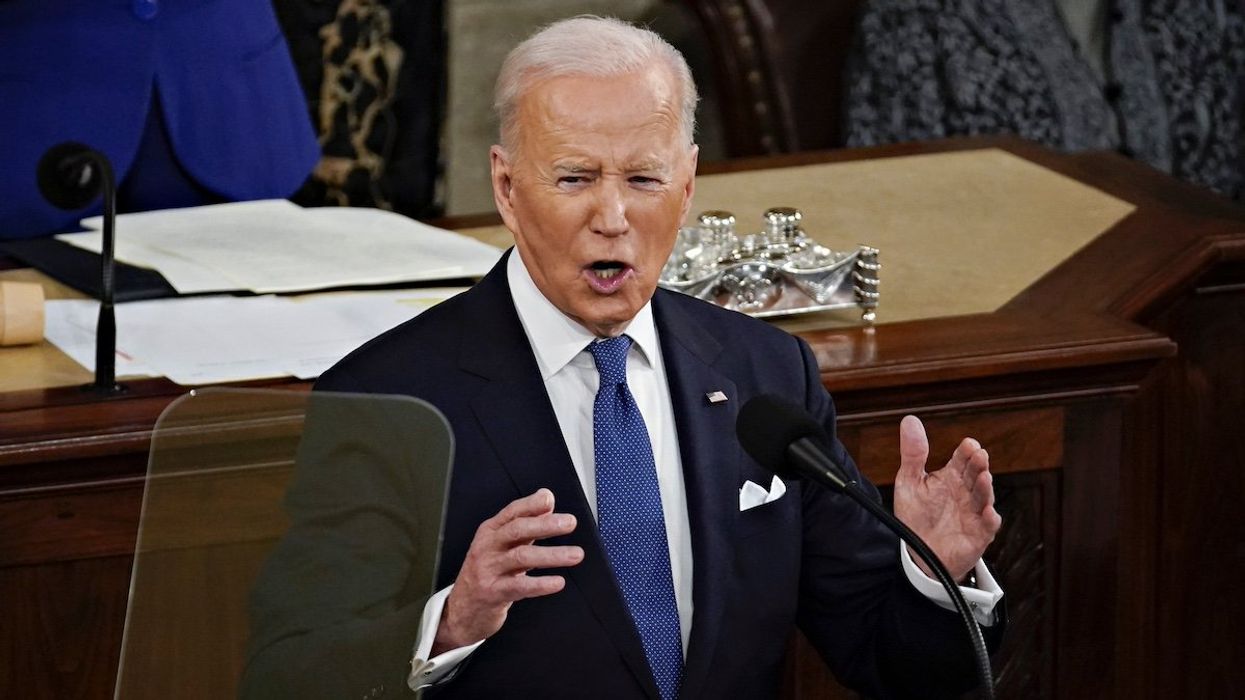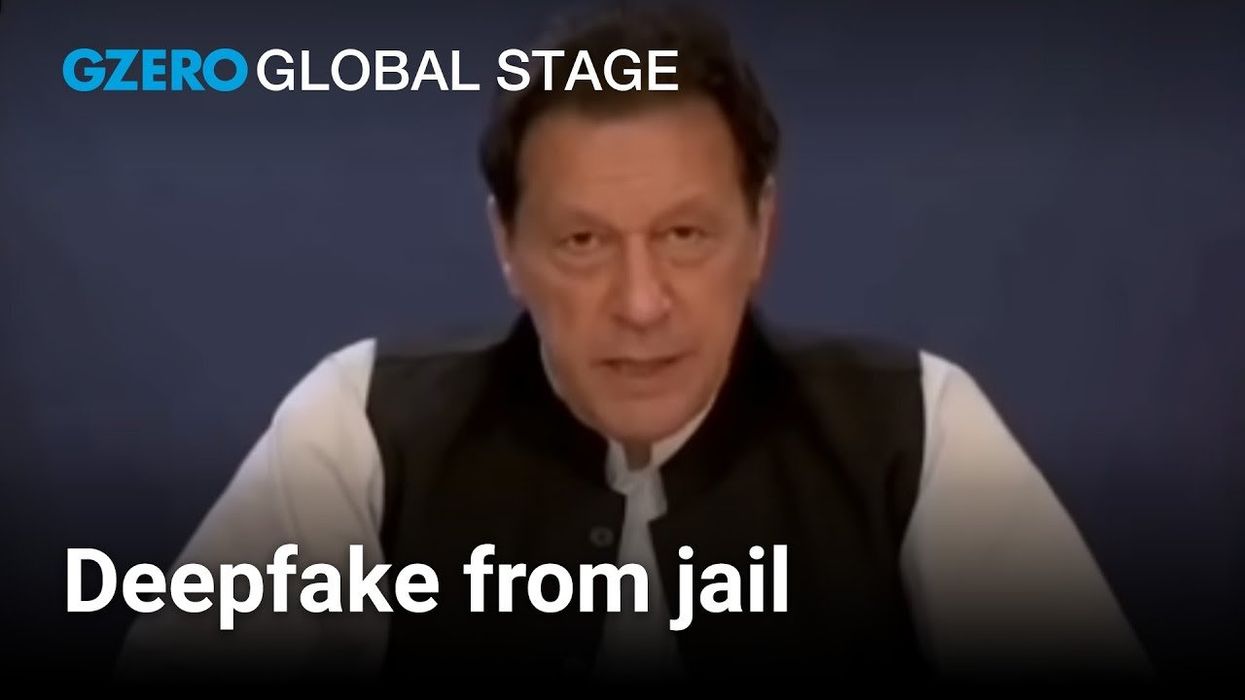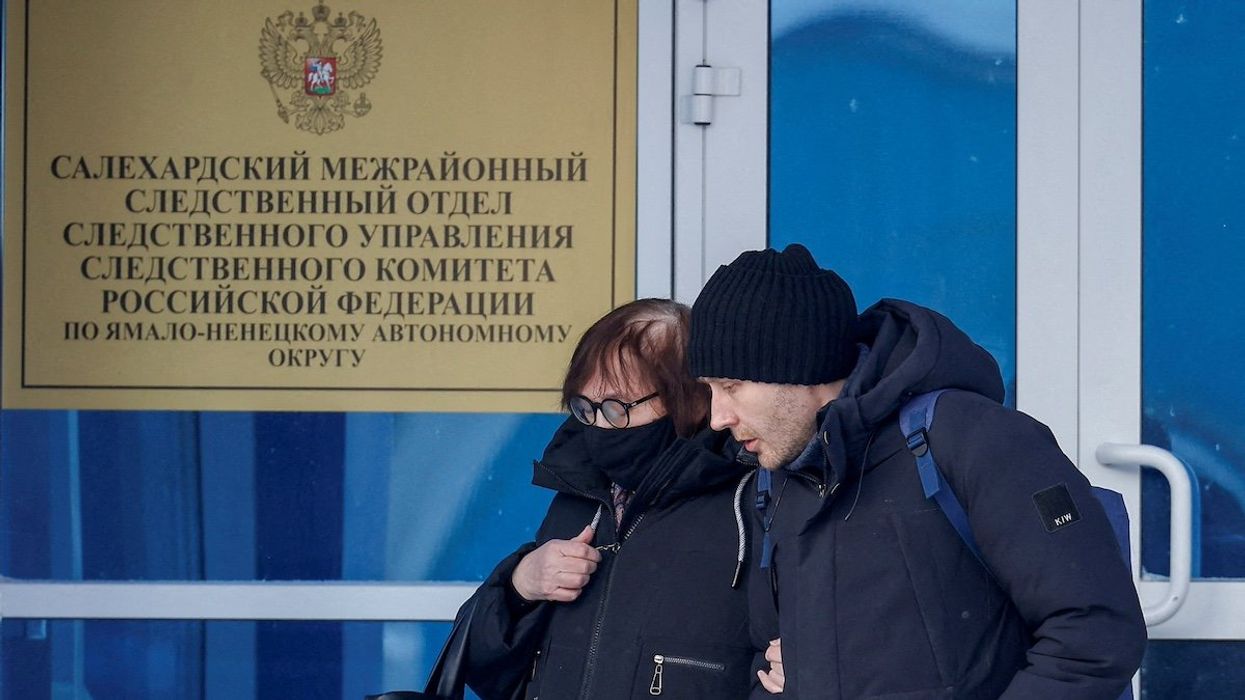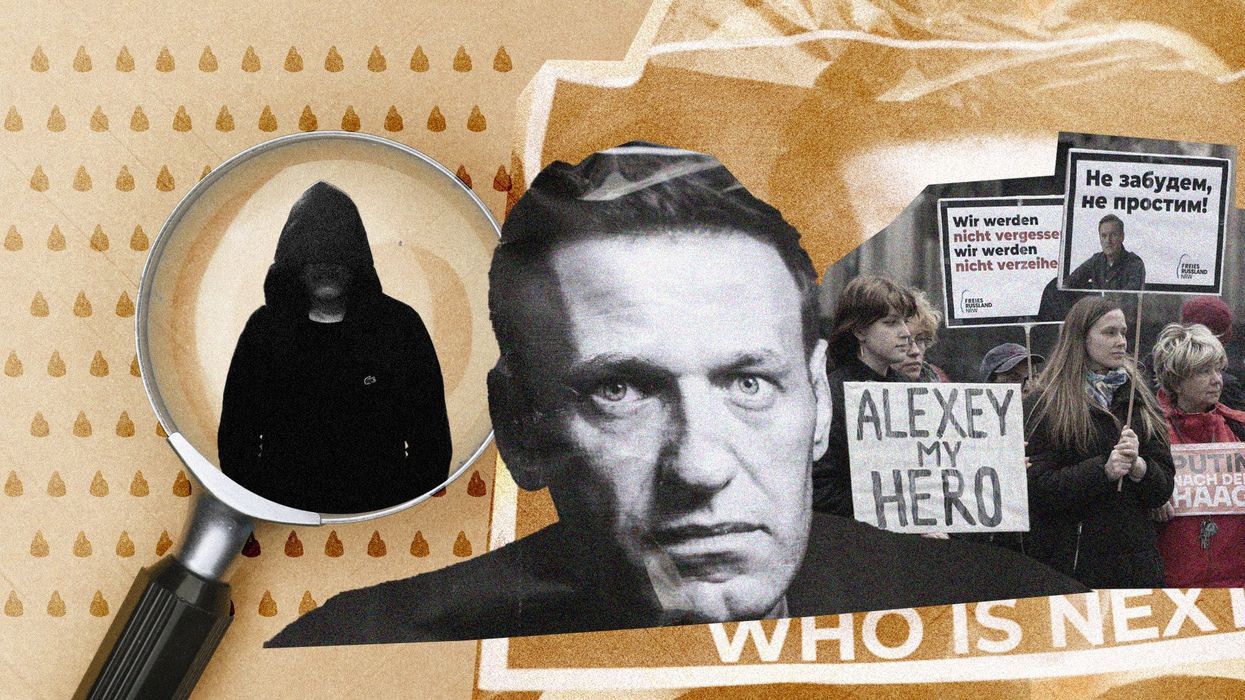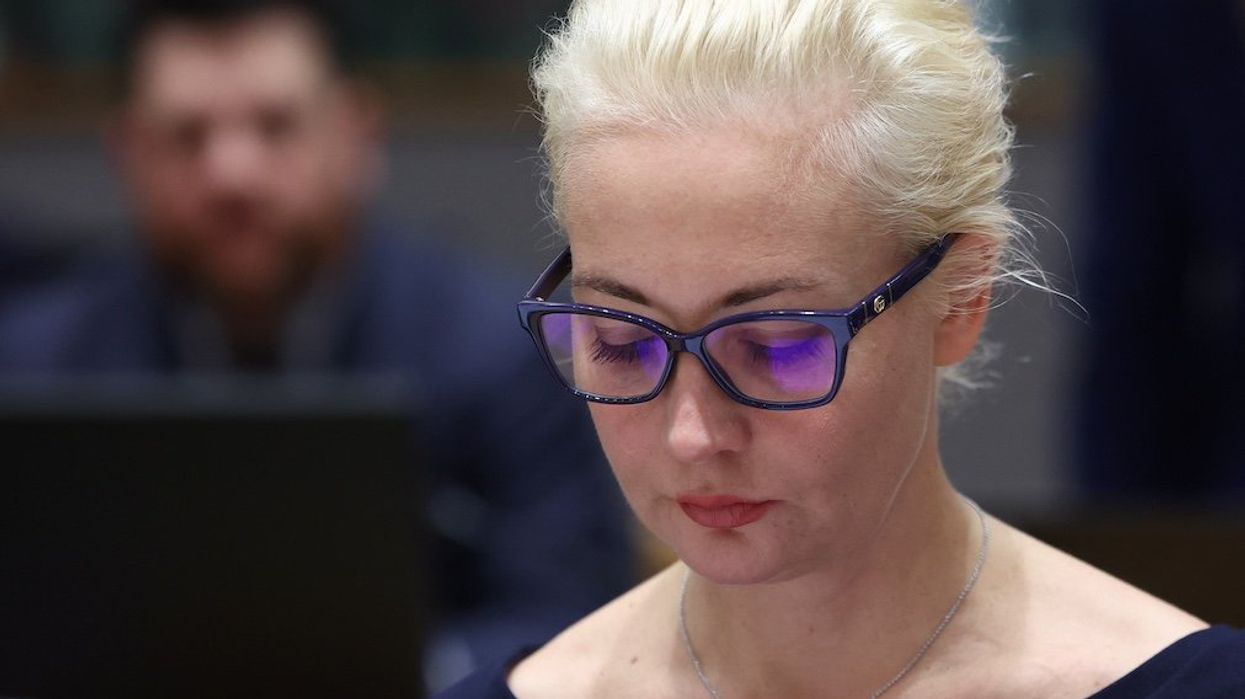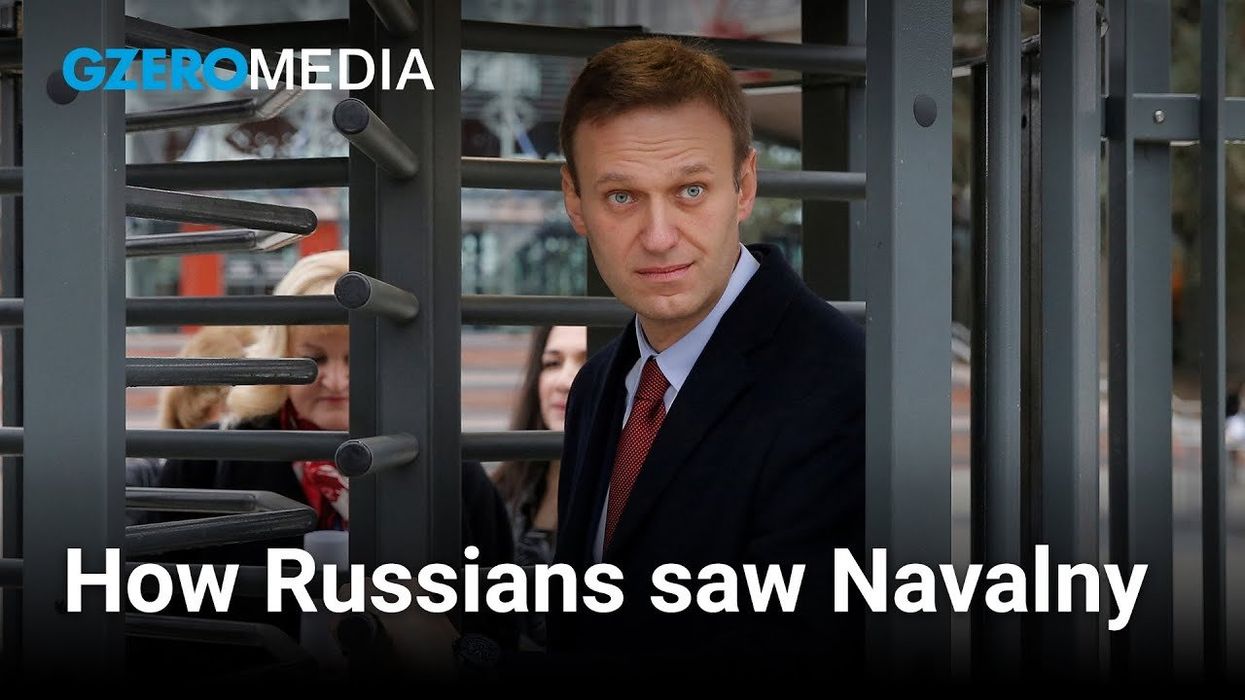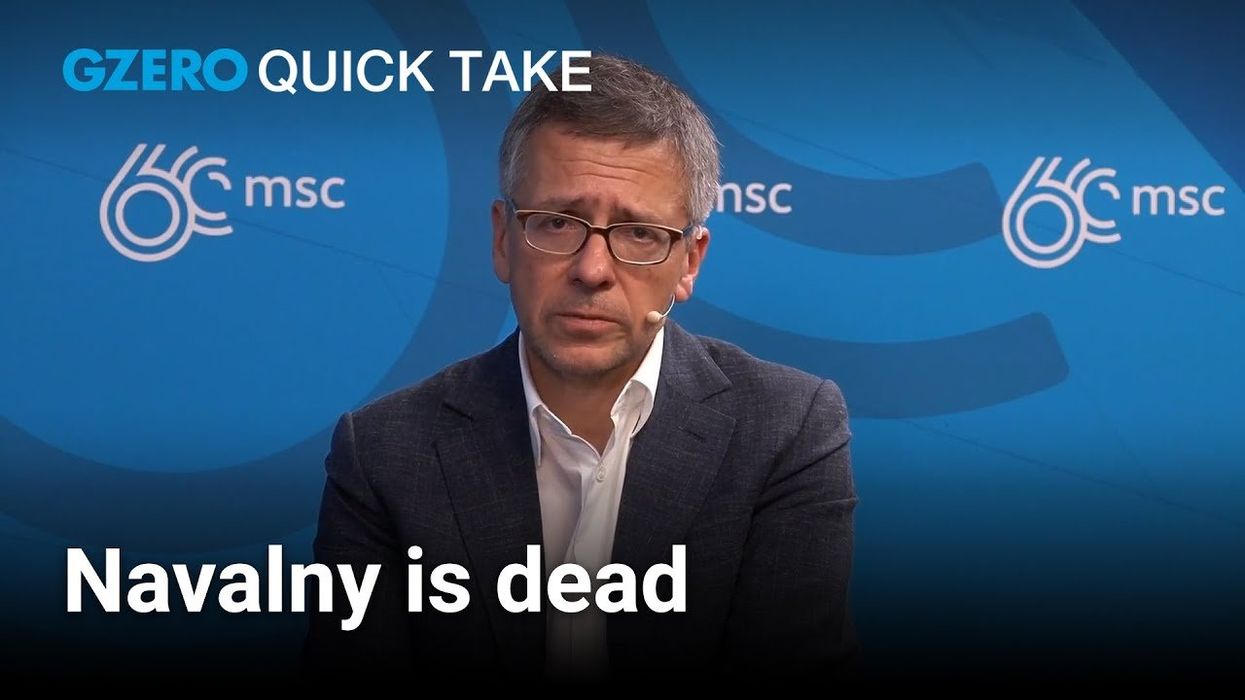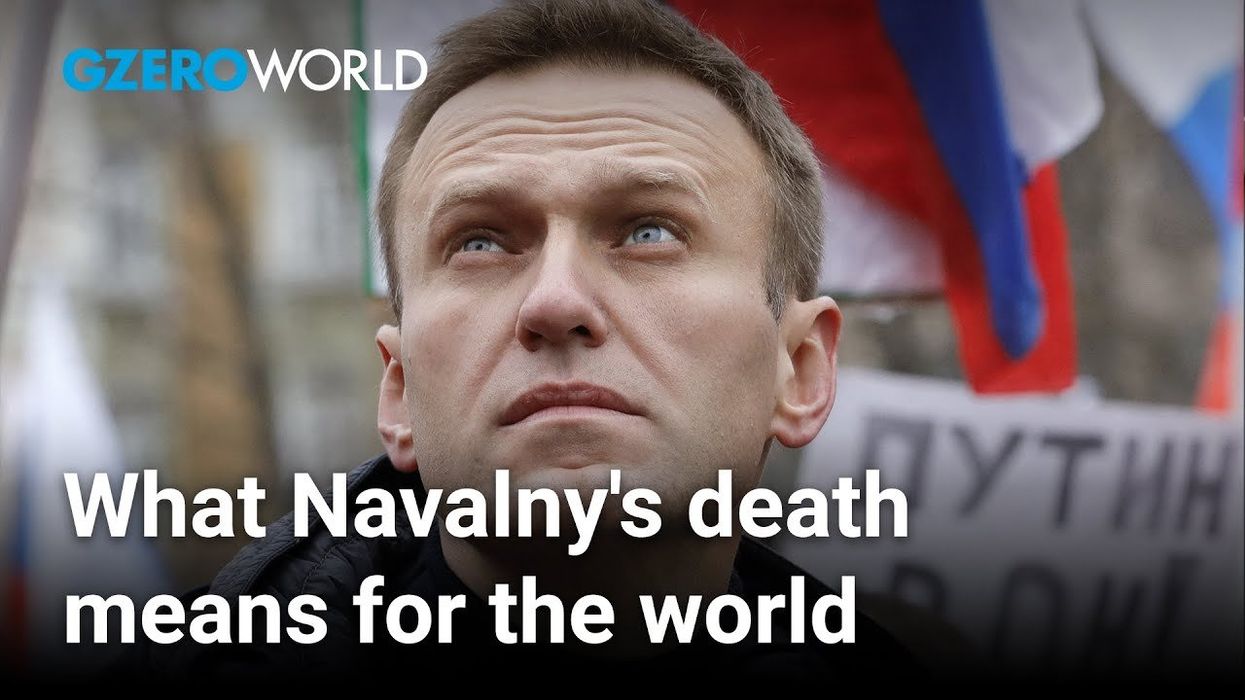Hard Numbers
Hard numbers: Germany stations troops in Lithuania, Navalny memoir emerges, Biden administration expands national parks, Israel and UN argue over truck counts
4,800: Germany has begun deploying some 4,800 troops to Lithuania, marking the first time since WWII that German forces will be based outside the country on a long-term basis.
Apr 11, 2024
